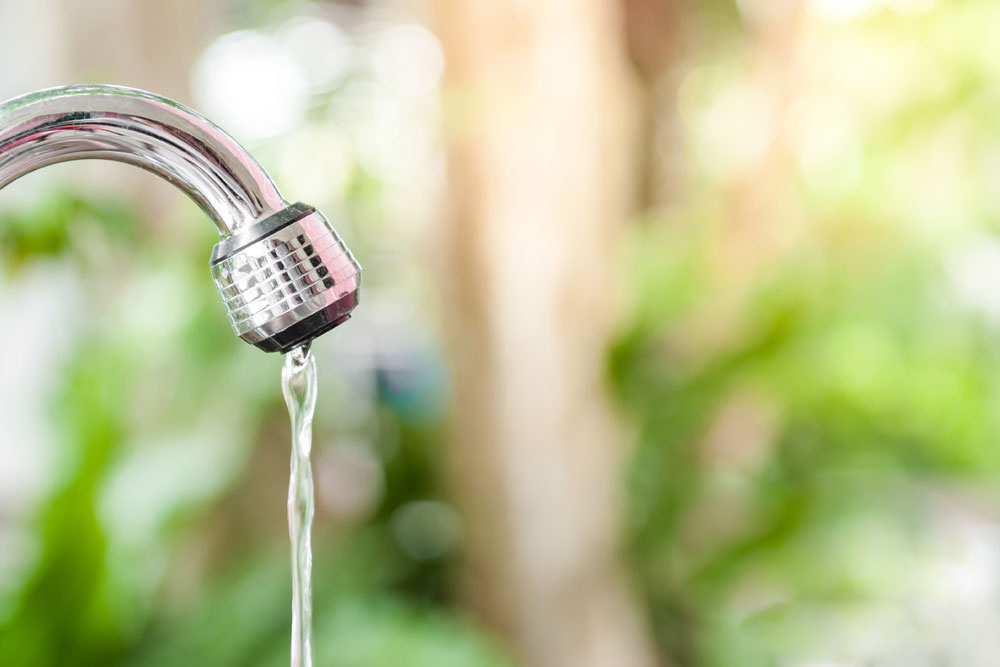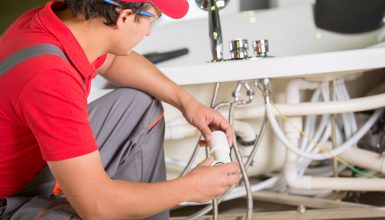The Detailed Handbook to Managing Low Water Pressure in Your Home
The Detailed Handbook to Managing Low Water Pressure in Your Home
Blog Article
Any individual is bound to have their personal way of thinking when it comes to 10 Reasons for Low Water Pressure in Your House.

Low water stress in your house can be a frustrating issue, influencing everything from bathing to cleaning recipes. If you're experiencing weak water flow, there are numerous possible causes and remedies to explore. In this guide, we'll review usual factors for low water stress and practical steps to deal with the concern successfully.
Introduction to Low Tide Pressure
Low tide stress occurs when the flow of water from your faucets, showers, and other fixtures is weaker than common. This can make day-to-day jobs extra challenging and less efficient. Comprehending the root causes of low water stress is vital to locating the best option.
Typical Reasons For Low Water Stress
Faulty Pressure Regulatory Authorities
Stress regulatory authorities are responsible for maintaining consistent water pressure in your home. If they malfunction, it can cause low tide stress or irregular flow throughout the house.
Municipal Water Supply Issues
Often, the trouble lies outside your home. Local water supply problems, such as main line leaks or maintenance job, can momentarily minimize water pressure in your area.
Pipe Obstructions
In time, pipelines can come to be blocked with mineral deposits, debris, or particles, limiting the circulation of water. This is a typical problem in older homes with galvanized steel pipes.
Rust
Corrosion within pipes can lead to leaks and reduced water pressure. Rust buildup can restrict water flow, specifically in maturing plumbing systems.
Just How to Detect Low Water Stress
Evaluating Pipes
Inspect noticeable pipes for indicators of leakages, deterioration, or obstructions. Take notice of any uncommon audios, such as knocking or rattling pipes, which could suggest problems within the plumbing system.
Consulting with a Plumber
If you're not able to pinpoint the cause of low water stress, consider hiring a professional plumber to perform a comprehensive inspection. They can identify underlying concerns and suggest appropriate options.
Checking Faucets and Components
Start by evaluating the water stress at different taps and components throughout your home. If the concern is separated to certain locations, it may suggest local issues.
Do It Yourself Solutions to Take Care Of Low Water Stress
Flushing Water Heater
Debris buildup in the hot water heater can restrict flow and decrease efficiency. Flushing the storage tank occasionally aids get rid of sediment and keep ideal performance.
Examining Stress Regulatory Authority
Guarantee that the pressure regulatory authority is working properly. Readjusting or replacing the regulatory authority can help bring back proper water pressure throughout your home.
Cleaning Up Aerators and Showerheads
Mineral deposits can build up in aerators and showerheads, lowering water flow. Remove and cleanse these parts consistently to enhance water pressure.
Clearing Up Clogs in Pipes
For minor clogs, attempt utilizing a plumbing snake or chemical drain cleaner to clear obstructions in pipelines. Beware when making use of chemicals and adhere to safety guidelines.
When to Call an Expert Plumber
If DIY efforts stop working to resolve the problem or if you presume substantial plumbing problems, it's best to look for assistance from a certified plumber. They have the know-how and devices to attend to complicated problems safely and successfully.
Safety Nets to Keep Water Pressure
Mounting a Pressure Booster
Consider installing a stress booster pump to improve water pressure in locations with continually low circulation. This can be especially useful for multi-story homes or properties with high-demand components.
Tracking Water Use
Be mindful of water use routines and avoid ill-using the plumbing system. Straightforward adjustments, such as incredible showers and laundry lots, can aid keep ample water pressure.
Regular Upkeep
Arrange routine maintenance for your plumbing system to prevent concerns such as corrosion, leakages, and clogs. Resolving small troubles early can assist prevent more significant repair work later on.
Verdict
Handling low water stress can be frustrating, yet identifying the underlying reasons and executing appropriate remedies can bring back optimum circulation throughout your home. Whether it's cleansing aerators, examining pipelines, or seeking advice from a plumber, taking aggressive steps can ensure a steady supply of water for your day-to-day needs.
FOUR WAYS TO FIX LOW WATER PRESSURE NOW
Turning on a shower or faucet only to find the water comes out in a sad, slow drizzle is never a good feeling. How exactly are you supposed to wash a pan or take a quick shower when it takes 10 minutes just to rinse off a little soap? The good news is that when your water pressure is bad, there's always a cause: typically one that can be easily fixed. Here are some of the most common causes of low pressure and what you can do to fix the issue:
DEBRIS AND MINERAL DEPOSIT BUILDUPS
If you notice low water pressure from just one or two of the fixtures in your house, the problem likely has to do with debris buildup. Water is full of minerals and other debris, all of which can accumulate in your pipes and on your fixtures. This can cause a blockage that affects how much water flows through. To fix this, try filling a small plastic bag with white vinegar, and use a rubber band to hang it around your showerhead or faucet. Let the head of the fixture soak for a few hours, and the vinegar should loosen the deposits.
WATER LEAKS
Leaks are another common cause of low water pressure. If water is flowing out of your plumbing through a hole or crack before it can reach your fixture, the pressure coming out of the faucet or showerhead will be lower. A plumbing professional is your best bet for finding and repairing a leak in your water supply pipes.
Leaks are another common cause of low water pressure. If water is flowing out of your plumbing through a hole or crack before it can reach your fixture, the pressure coming out of the faucet or showerhead will be lower. A plumbing professional is your best bet for finding and repairing a leak in your water supply pipes.
A VALVE ISSUE
If you have low water pressure throughout your home, check your main shut-off valve to make sure it's completely open. You may also want to see if there's a pressure-reducing valve installed. If there is, have a plumber help you adjust the settings to get the pressure you're looking for.
OTHERS USING WATER
Believe it or not, your low water pressure could be caused by your neighbors. If you notice low pressure at certain times of day, it may be because you and the people living next to you have similar schedules - when everyone is showering at the same time, the pressure will be lower in every home. Low pressure throughout the neighborhood may also be caused by an issue with your municipal water supply. If that's the case, call the supplier to see if they're working on the issue.
https://www.rotorooter.com/blog/water-leaking/low-water-pressure-fixes/

I'm certainly very eager about Dealing with Low Water Pressure in Your Home and I am praying you liked the entire blog entry. You should take the time to distribute this write-up if you appreciated it. Thank you for taking the time to read it.
Click Here Report this page